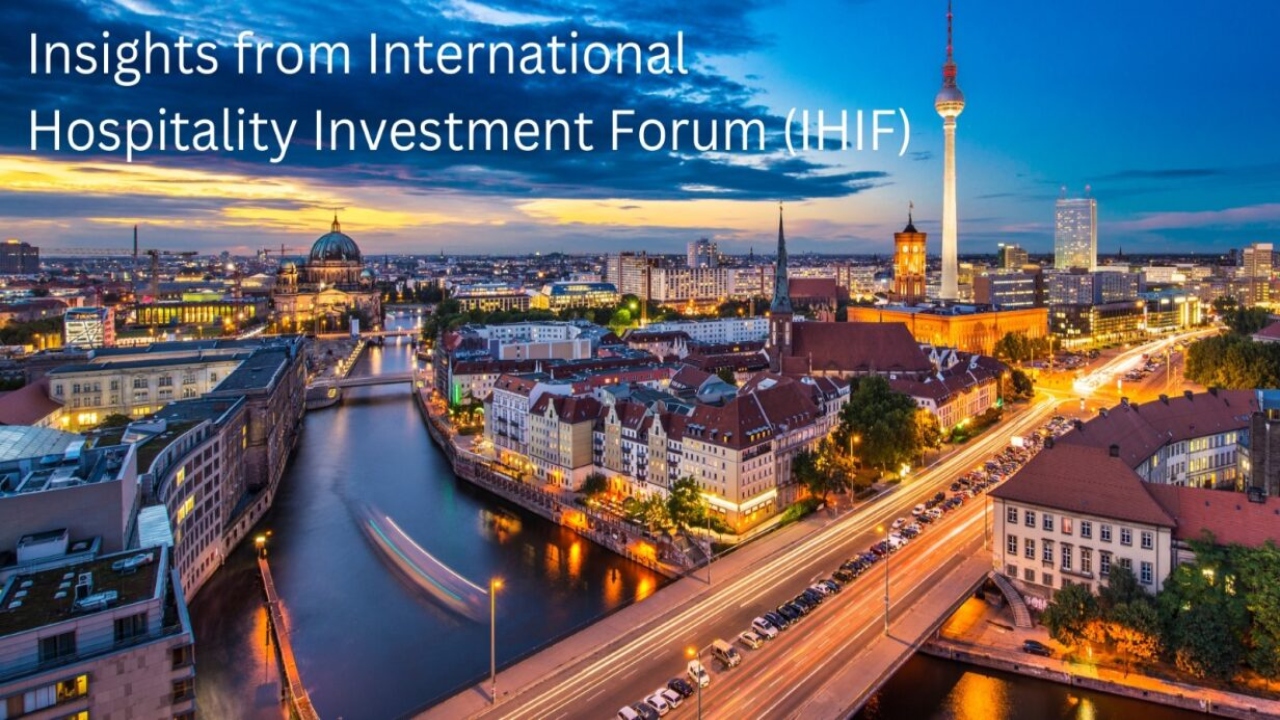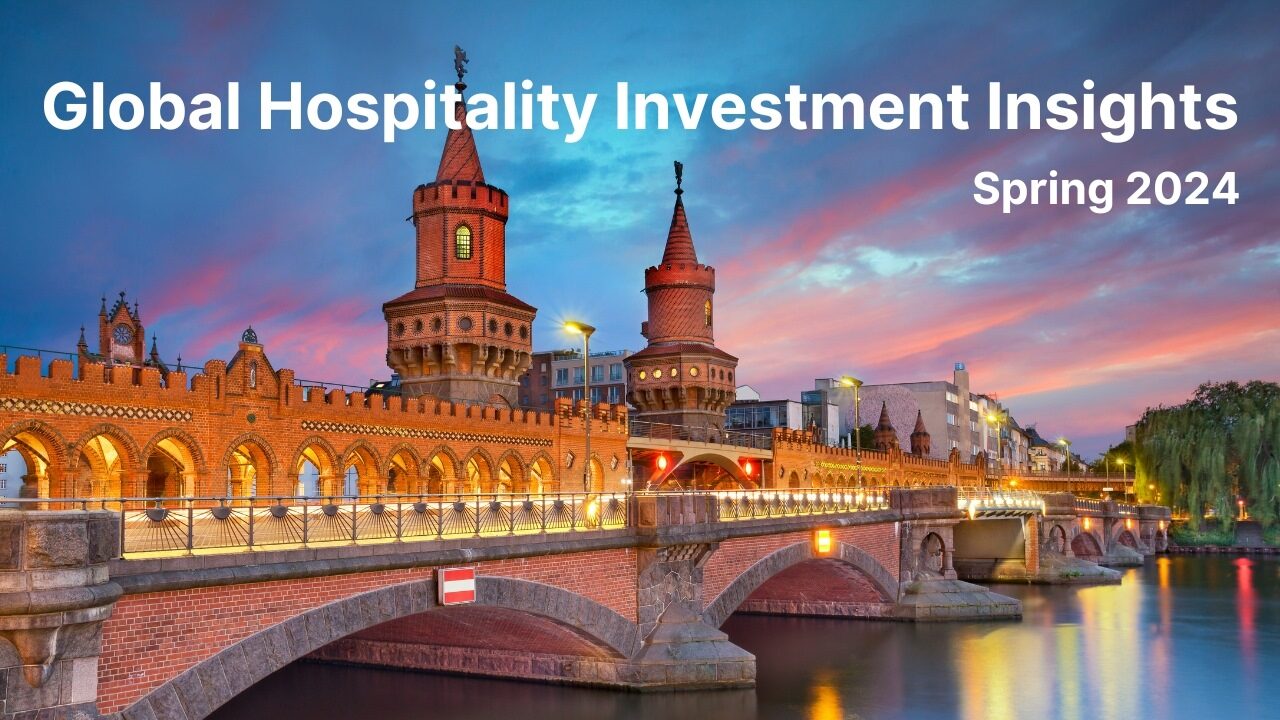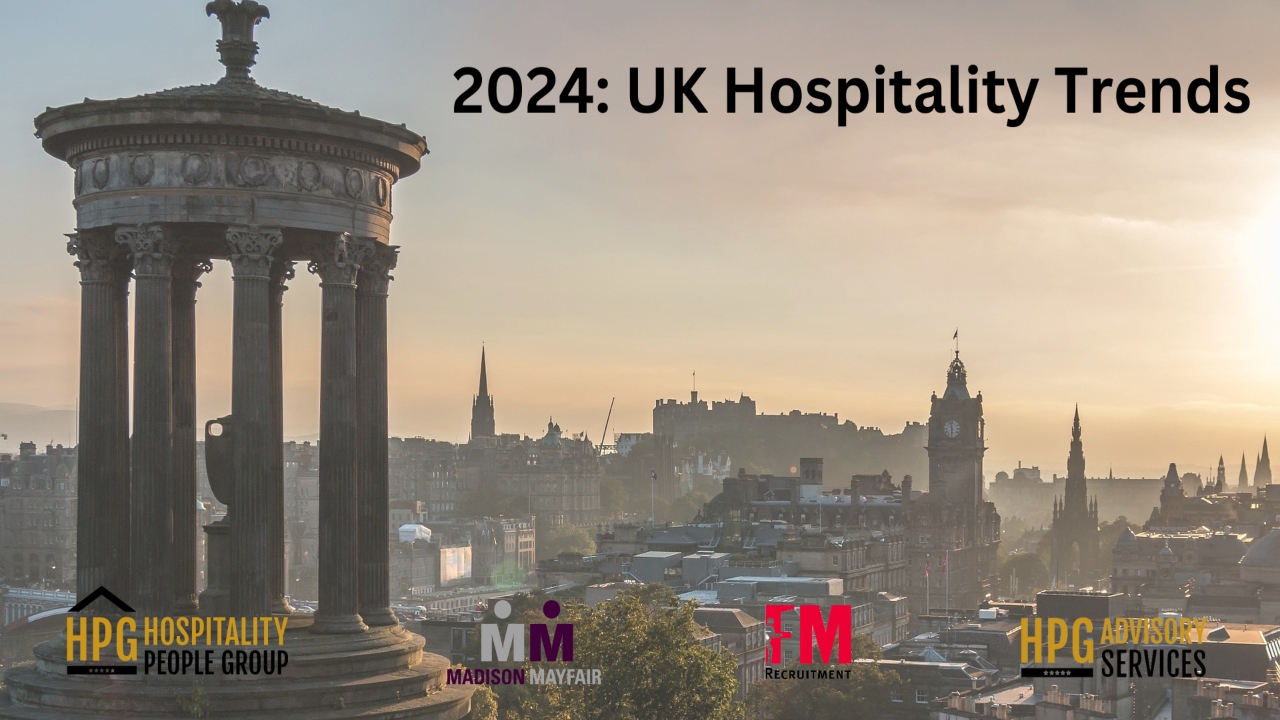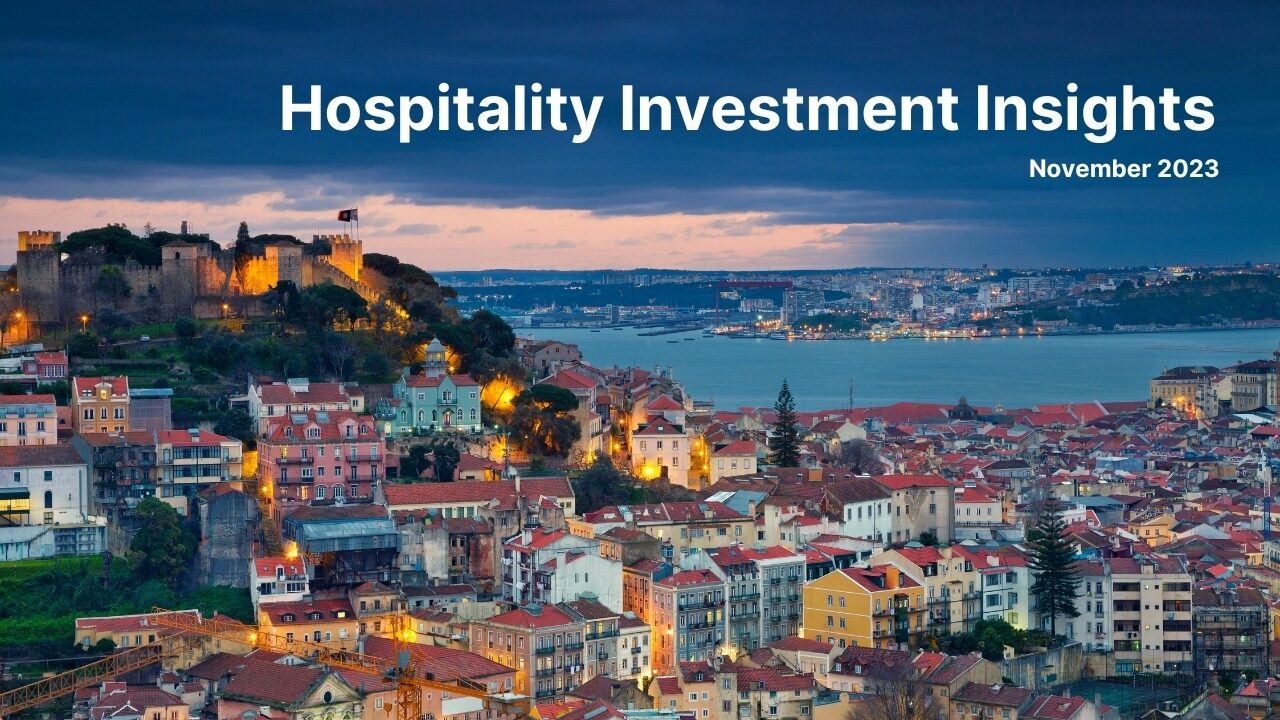The UK hotel investment market has seen a significant resurgence in the first half of 2024, with Knight Frank reporting that investment volumes reached an impressive £3 billion between January and the end of June. This marks a substantial increase from the £990 million recorded in the same period in 2023 and exceeds the total investment for the whole of last year, which stood at £2 billion. This remarkable growth can be attributed to several key portfolio transactions and the continued interest of international investors, particularly from the United States.
Major Transactions Driving Growth
The first half of 2024 witnessed some landmark deals that have driven the overall investment volume. Notable transactions include Blackstone’s acquisition of the Village Leisure portfolio for £850 million, Starwood Capital Group’s purchase of 10 Radisson Edwardian Hotels in London for £800 million, and Landsec’s sale of its hotel portfolio to Ares Management for £400 million. These significant portfolio transactions highlight the increasing attractiveness of the UK hotel market to major investors.
In total, portfolio transactions accounted for 76% of the total transaction volume, a significant rise from 53% in H1 2019. This shift can be partly attributed to the scarcity of high-quality single asset hotels available for sale, which has led to a 19% year-on-year decline in the number of single asset transactions and a 34% decline in transaction volume.
Focus on London
London continues to be the epicentre of hotel investment activity, attracting around 70% of the total investment in the first half of the year. This focus on the capital is largely driven by overseas investors, who accounted for acquisitions totalling £1.3 billion, with US investors alone representing 77% of the overall investment activity. The city’s enduring appeal as a global financial, political, and cultural centre ensures steady demand and makes it a resilient market through challenging economic conditions.
However, with Edinburgh once again being given the top spot in Colliers’ UK Hotels Market Index, London has some very strong competition. Edinburgh’s strong performance in Average Rate, Occupancy and RevPAR has helped it secure this position and will serve to further highlight its appeal to further hotel investment. With high land prices and relatively limited RevPAR growth London has slipped down Colliers’ list, while cities like Belfast, Manchester, Liverpool and Glasgow have risen, giving investors further options in the competitive UK market.
Market Outlook for H2 2024
The outlook for the second half of 2024 remains optimistic. According to Knight Frank, the momentum for investment in the UK hotel sector is expected to continue building, supported by a diverse pool of well-capitalised investors. The anticipated reduction in interest rates is also likely to enhance investor confidence and drive further activity in the market. Stakeholders are increasingly pressuring owners to bring assets to the market at realistic and deliverable levels, which should facilitate successful and timely sales.
Henry Jackson, partner and head of hotel agency at Knight Frank, stated, “The direction of travel for the sector is positive, and the volume of portfolio transactions is evidence that the sector remains attractive. An increase in the quality and the number of hotels seeking to transact is expected, as hotel owners who have extended their investment cycles now seek to realise their exit strategies”. This sentiment is echoed across the industry, with a strong pipeline of hotels currently in legal stages, suggesting sustained investment momentum.
Development Pipeline
The UK is also leading Europe in terms of new hotel developments, with the highest number of new projects in the pipeline by the end of the first quarter of 2024. According to Lodging Econometrics, there are 321 projects (45,257 rooms) under development, with London having the highest pipeline by project count in Europe, featuring 80 projects (14,987 rooms). This robust development pipeline indicates a healthy future supply of new hotels, further boosting the attractiveness of the UK market to investors.
Challenges and Opportunities
While the overall investment landscape is positive, the market is not without its challenges. The lack of quality single asset hotels for sale has been a notable issue, impacting transaction volumes and leading to a greater reliance on portfolio transactions. Additionally, the increased cost of debt and uncertainty around interest rate stability have put many deals on hold, as seen in 2023 when investment volumes hit their lowest in a decade.
However, the prospect of interest rate cuts is expected to support deal volumes as the year progresses, narrowing the bid-ask gap and aligning buyer and seller expectations more closely. This is crucial for facilitating transactions and driving market activity.
Conclusion
The first half of 2024 has marked a significant recovery and growth period for the UK hotel investment market, driven by major portfolio transactions and strong international investor interest, particularly from the United States. With London continuing to attract the majority of investment and a robust development pipeline in place, the outlook for the second half of the year is promising. Despite some challenges, such as the scarcity of quality single asset hotels and the high cost of debt, the overall direction for the sector remains positive. As interest rates are expected to decline, further enhancing investor confidence, the UK hotel market is well-positioned for sustained growth and activity in the coming months.






